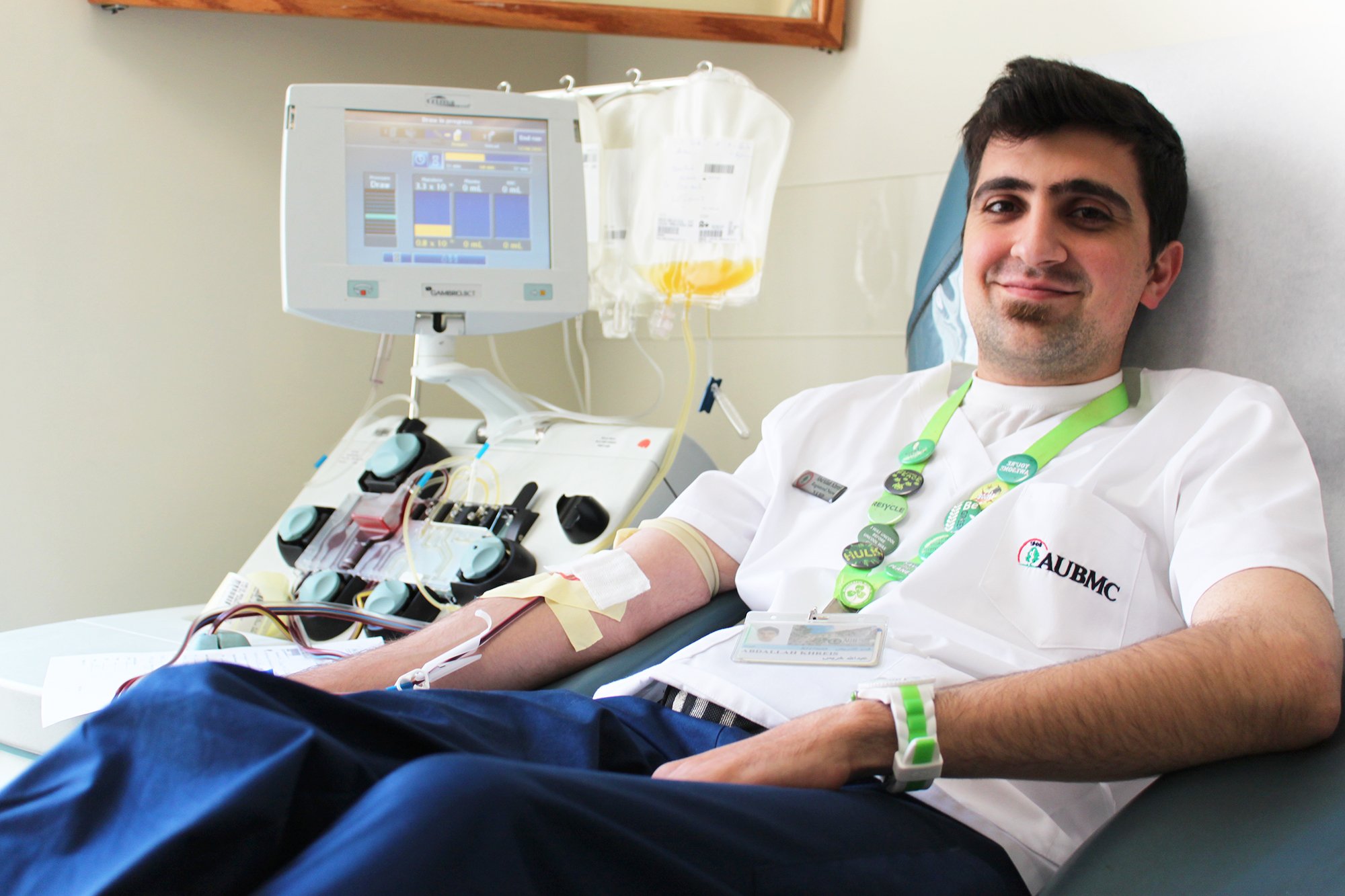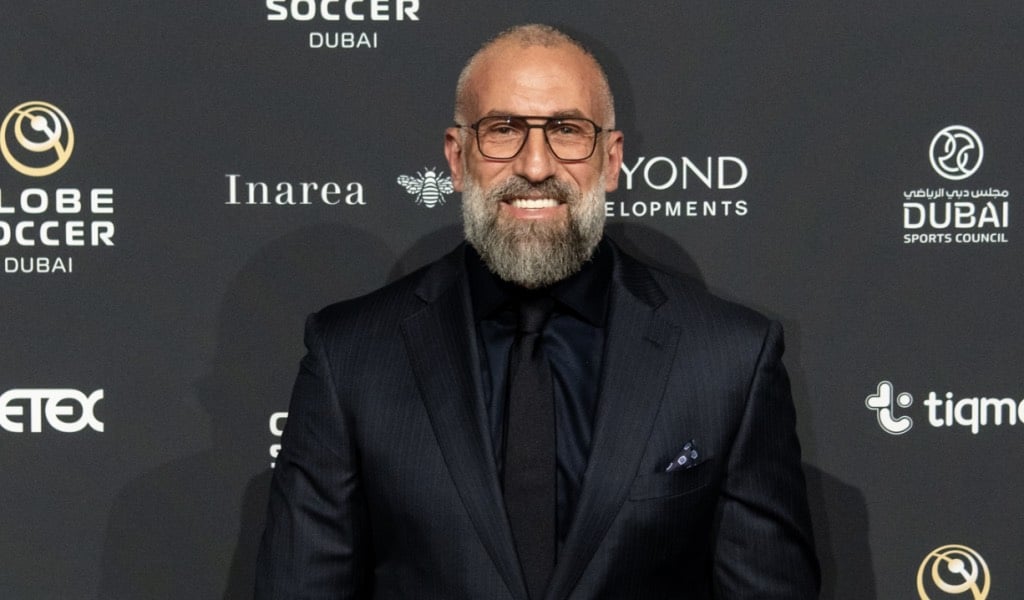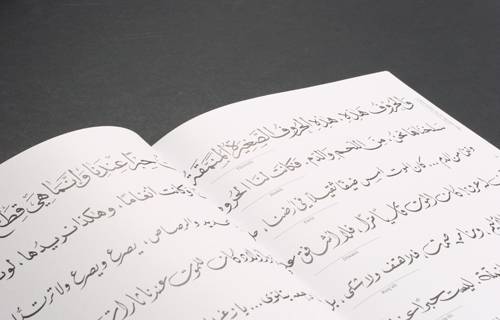Donating Blood in Lebanon: Everything You Need to Know
Donating blood in Lebanon is a vital way to support those in need, but knowing where and how to donate can make all the difference. This guide helps you determine your eligibility as a donor, points you to donation centers across Lebanon, and breaks down the blood donation process.
Eligibility
To prevent overcrowding at blood donation centers and hospitals, it’s important to be aware of who is not eligible to donate blood. The following individuals should refrain from donating:
– Those under 18 or over 65 years old
– People who weigh less than 50 kg
– Donors who have given blood in the past 3 months
– Individuals who have undergone surgery in the last 6 months
– Those with ongoing diseases such as heart, lung, or liver conditions
– Anyone who has had a fever or diarrhea in the past week
– People who have used hashish in the past 10 days
– Those who have consumed alcohol in the past 12 hours
– Pregnant individuals or new mothers breastfeeding or who gave birth in the last 9 months
– People currently on antibiotics or aspirin
– Anyone who has tested positive for HIV or malaria, or who has recently traveled to regions with high disease prevalence
– Those who have been vaccinated in the past month
– Individuals with anemia, thalassemia, hemophilia, or leukemia
– People with occasional epileptic seizures
– Donors who have given platelets in the past 2 weeks
– Those with severe allergies
– Individuals who have had dental work in the past week
– People who have received a blood transfusion in their lifetime
– Those currently menstruating
– Anyone who has had a piercing or tattoo in the past year
Donation centers and blood banks in Lebanon
You can donate blood at any hospital in Lebanon, but here are additional dedicated centers for your convenience.

The Lebanese Red Cross Blood Donation Centers
SPEARS
Opening hours: 24/7
Contact: 01 368 681 or 79 303 606
GEMMAYZE
Opening hours:
8 AM until 2 PM, 3 PM until 8 PM (Mon-Fri)
8 AM until 4 PM (Sat)
Sundays closed.
Contact: 01 444 102 or 79 303 605
ANTELIAS
Opening hours:
8 AM until 8 PM (Mon-Fri)
8 AM until 1 PM (Sat)
Sundays closed.
Contact: 04 524 164 or 79 303 607
JOUNIEH
Opening hours:
8 AM until 4 PM (Mon-Fri)
8 AM until 1 PM (Sat)
Sundays closed.
Contact: 09 804 930 or 79 303 608
JBEIL
Opening hours:
8 AM until 5 PM (Mon-Fri)
8 AM until 4 PM (Sat)
Sundays closed.
Contact: 09 945 220 or 79 303 609
TRIPOLI
Opening hours: 24/7
Contact: 06 601 429 or 79 303 614
HALBA
Opening hours:
8:30 AM until 2:30 PM (Mon-Fri)
8:30 AM until 1:30 PM (Sat)
Sundays closed.
Contact: 06 695 370 or 79 303 611
ZAHLE
Opening hours:
8 AM until 5 PM (Mon-Fri)
8 AM until 1 PM (Sat)
Sundays closed.
Contact: 08 804 930 or 79 303 612
BEIT EDDINE
Opening hours:
8 AM until 8 PM (Mon-Fri)
8 AM until 6 PM (Sat)
Contact: 03 468 728 or 79 303 613
SAIDA
Opening hours:
8 AM until 8 PM (Mon-Fri)
8 AM until 1 PM, 4 PM until 8 PM (Sat)
Sundays closed.
Contact: 07 752 141 or 79 303 614
NABATIEH
Opening hours:
8 AM until 2 PM (Mon-Fri)
8 AM until 1 PM (Sat)
Sundays closed.
Contact: 07 768 687 or 79 303 616
TYRE
Opening hours:
8 AM until 10 PM (Mon-Fri)
8 AM until 1 PM or 8 AM until 7 PM (Sat) – varies every week
Sundays closed.
Contact: 07 351 370 or 79 303 615
RACHAYA
Opening hours: N/A
Contact: 08 595 789 or 79 303 615
According to the MOPH, every 4 minutes, someone in Lebanon needs blood. The need for blood donations drastically increases during crises, so it’s important to maintain a steady supply of blood and ensure that donors are available and informed. Regular donations help build a reliable reserve to meet the urgent needs of patients and healthcare facilities across the country.
The blood donation process
We recommend asking someone who has donated blood before about their experience. The entire process takes only about 45 minutes. Healthcare professionals will take your personal information, then test your hemoglobin count to see if you can donate.
Usually, the normal range is 13.8 to 17.2 g/dL in men and 12.1 to 15.1 g/dL in women. If your hemoglobin level is exactly at the lower end of the range (13.8 g/dL or 12.1 g/dL), you are not eligible to donate blood. Since the blood donation process lowers hemoglobin levels, you would be at risk of falling below the normal range.

Image source: AUBMC
Once you’re confirmed as an eligible donor, a healthcare professional will prepare a sterile needle to collect blood. You will be monitored throughout the process to ensure your safety and comfort. This part of the process can take about 8 to 10 minutes.
We hope this guide helped you in breaking down everything you need to know about donating blood in Lebanon. For more content like this, make sure to check out the #Local Services section on our website.




